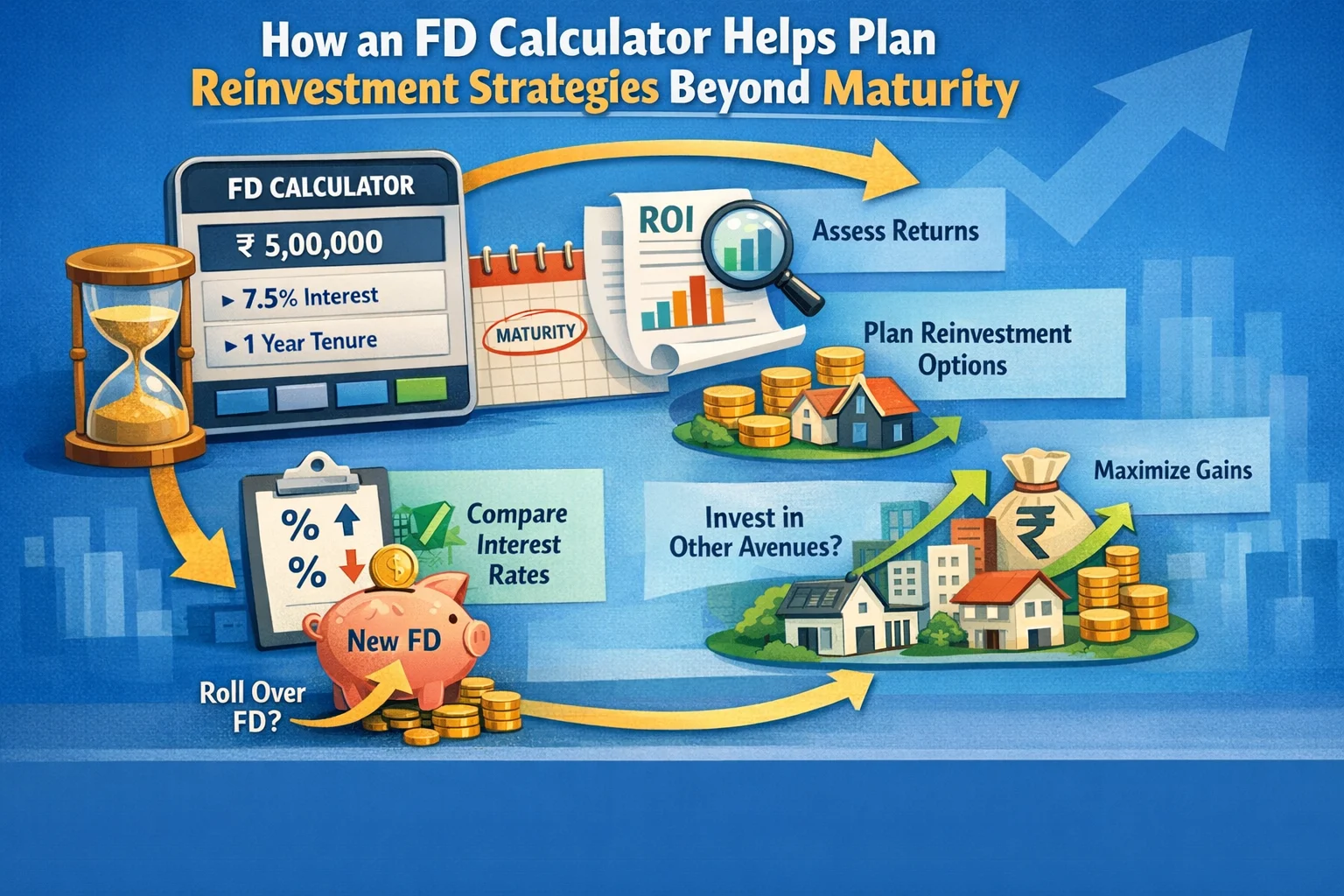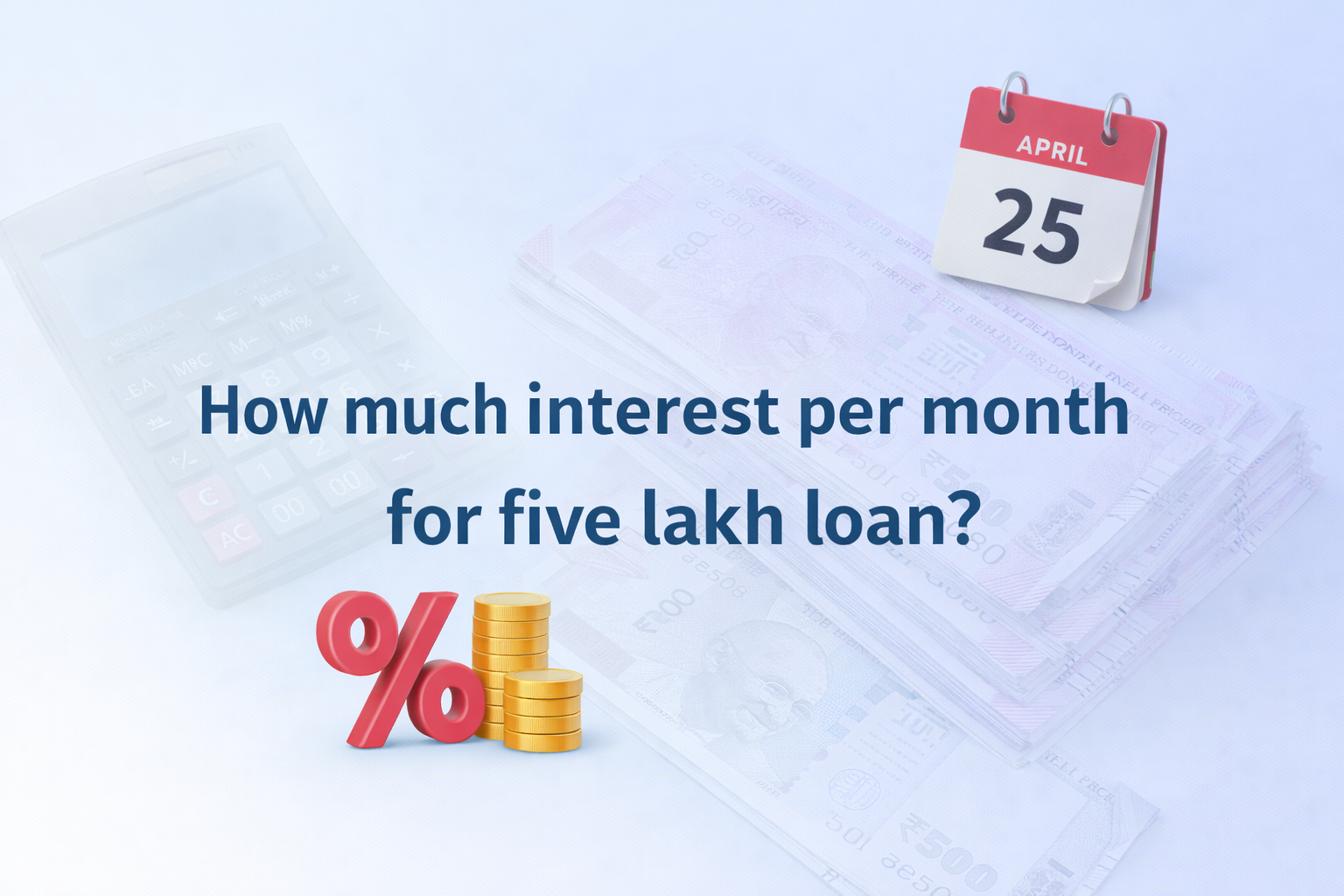All kinds of transactions come with a side of documents. These are important for the transaction and property buying is no exception to this rule. In fact when buying a house, these documents are what bind you legally to the property marking your legal acquisition of the house. So importantly you have to pay stamp duty and register the documents when buying a house. This is true for all cities, including Pune. If you want to buy a property such as Ganga Legend in Bavdhan or elsewhere in Pune know about the stamp duty before.
So let us first discuss what stamp duty is. It is a tax, rather a property tax. This needs to be paid when property changes ownership from one person (or organization) to the other. This can be made analogous to sales tax or income tax that you pay the government. While buying house or a plot in the country, you need to pay this stamp duty or tax and this tax value will be based on the transaction value.
The question is why you are paying this tax. You pay this tax to make things legal. The stamp duty is actually paid on a house sale agreement and this agreement acts as the legal evidence for your ownership if presented at a court at times of controversy or dispute. This document will prove you to be the rightful owner of the property. The stamp duty once paid makes your name registered as a legal owner of the property in the list of transactions that the government maintains.
Know Here : 3 Efficient Ways to Find a Property to Rent
Another important thing about the stamp duty is that it can be before the day of agreement, on the day or even the day after, but not later. So this means that the tax should be paid of almost immediately right after the concerned people for the agreement sign it. In case of a delay they is a penalty charge of 2% every month which can be subject to a maximum 200% rate.
Now let us delve into the details of the calculation of stamp duty. This tax is calculated on the market value or can even be on the agreement value (whatever is higher at the moment). This tax is payable only on the registration document content, and not the transaction value. The tax is applicable or levied on each of the agreements and not on the people concerned in the agreement. Government issues the Stamp Duty Ready Reckoner on the first day of every year, i.e. 1st January. This helps one assess the market value in order to calculate the stamp duty. A stamp duty is not universal, it is different for different states of the country. For example – stamp duty at Tamil Nadu is 7% while that in Rajasthan is 5%, 4% and 4% respectively for general, female and disable categories. Other facts affecting the stamp duty include – Old or new property, Rural or urban property, Male or female property owner, Agricultural or non-agricultural, Freehold or leasehold, Residential or commercial units and Multi – storied apartments or independent houses. You can pay stamp duty in any of the three ways – non judicial stamp papers, franking, e-stamping.
Related : Smart Solution to property related legalities Property Lawyers Perth
After stamp duty payment comes in the registration. This registration of the document needs to be done under the Registration Act of 1908. And this should be done within 4 months of the agreement execution. The Sub Registrar of Assurances of the jurisdiction does the registration. You have to apply for the home loan before you register for the property. The registration fee can either be 1% of the agreement value or the market value which can be a maximum of its Rs.30, 000. In order to register you need to print the original document and submit that with two photocopies to the registering officer. Along with registration you can also apply for the Pradhan Mantri Awas Yojana. It provides – Credit Linked Subsidy, Affordable Housing in Partnership and Subsidy for Beneficiary-led individual house construction/enhancement.




